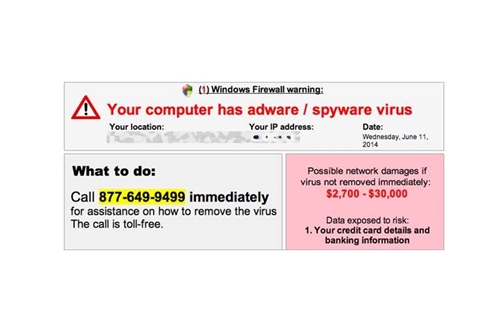On any given day, you open your email and find an email that, at least initially, seems suspicious. It has slipped into your inbox, although you don’t know who sent it to you. Inside there is a message in which they claim to have a pornographic video of you, or some photos where you appear naked or naked. There is a link on the back, inviting you to check it out. The message also explains that so that this video does not see the light and is uploaded to all the platforms of the network, you must pay an amount through a link. A full-fledged sexual extortion that, obviously, has no real basis. However, in an age where we all take provocative photos of ourselves, and even record raunchy videos that can be leaked, one no longer knows what to think. And that is why these scams are so effective.
Privacy on the Internet is a real chimera, and that is something that we should be clear about without concessions, from the outset. We are all the time delivering our mail to pages that will later use it to, in the best of cases, send us spam. But these emails can also end up on one of the long lists that are sold on the Internet, and used by hackers and scammers in their cyber crimes. In fact, despite the fact that network security is a very serious issue and that everyone already has at least a base of knowledge about, these types of scams are still common. And they happen because we are still too naive to click on certain links, always hidden, that take us to pages where hackers can enter our computer. Porn is, in fact, one of the most effective hooks out there in this regard. When we enter pornographic pages we go through a state of excitement that sometimes makes us make not-so-intelligent decisions. Click on the link that seems so suspicious, click on that advertisement that we know is going to give us problems… How to avoid this type of scam? In this article we will explain it.




